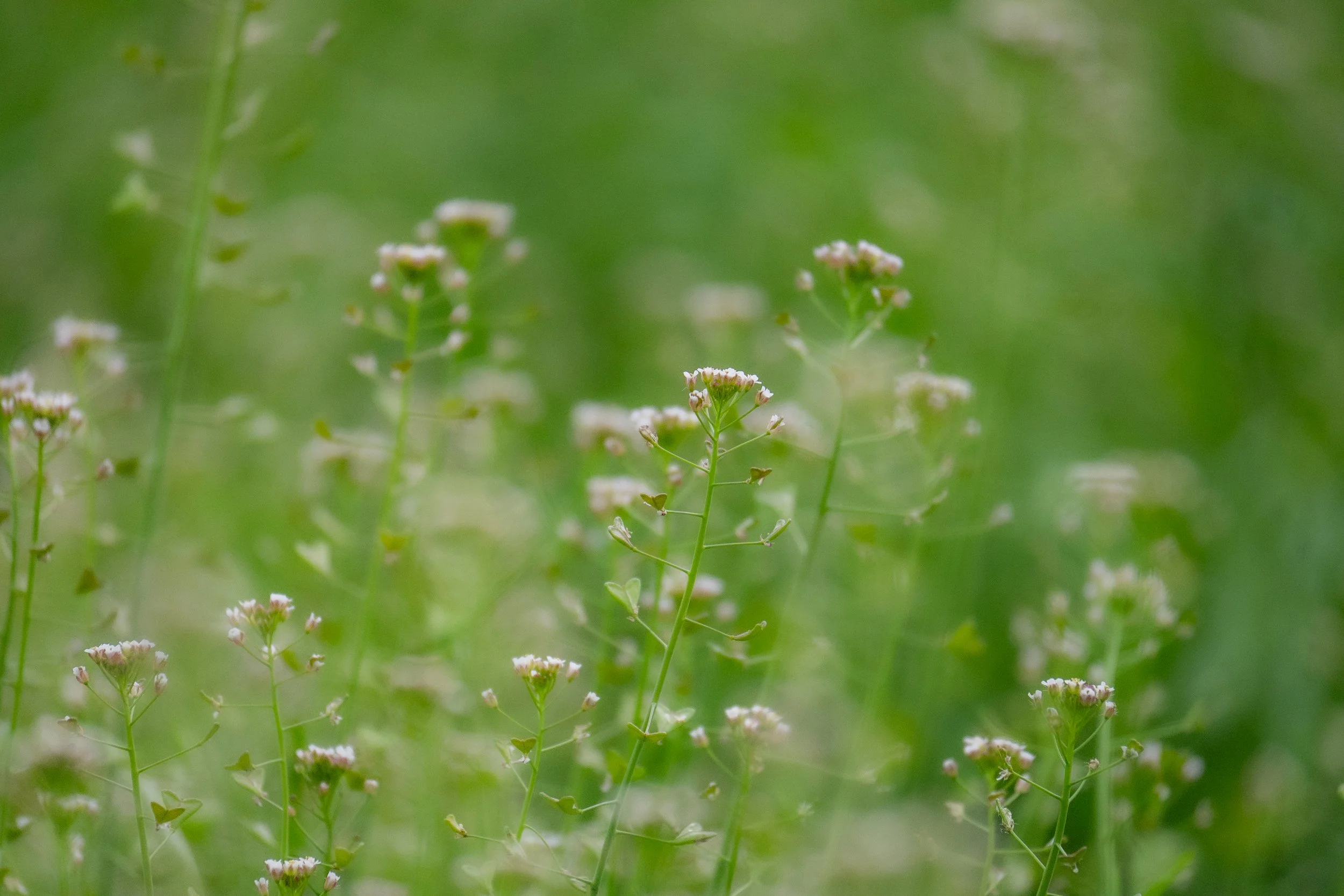Traditional Herbs and Teas from Mexico: Risks and Benefits
Photo provided by Miranda Duarte
Discover the potential risks and benefits of herbal medicines and teas traditionally used in Mexican culture.
Many home remedies used today originally stem from Mexican culture. These home remedies typically include ingesting some plant in order to benefit from its medicinal properties. There are different ways one can go about ingesting these beneficial herbs, such as making them into teas which is the most common way of extracting its medicinal properties.
While these teas and herbs share potential benefits to those who partake in these remedial practices it is also equally important to know that these benefits cannot be completely proven and there may even be risks that come with them. The most frequently used herbs used by people seeking home remedies are, Nopal (Opuntia ficus), Peppermint (Mentha piperita), Dandelion (Taraxacum officinale), Chamomile (Matricaria recutita), and Aloa (Aloe vera).
Nopal
Nopal, scientific term Opuntia ficus, or cactus, is typically used to treat or prevent diabetes. It can help by lowering blood sugar levels. Since nopal is rich in fiber it slows the absorption of sugar in the stomach and helps prevent blood sugar spikes after meals. Some studies suggest that consuming nopal with meals can reduce glucose levels, which is beneficial for people with diabetes.
Potential side effects may include: diarrhea, nausea, abdominal pain, and headaches.
Peppermint
Peppermint, scientifically known as Mentha piperita, is a commonly used remedy for treating many things. It is used to treat the common cold, inflammation, digestion problems, and headaches. It is mostly known for its effects on the gastrointestinal tract to improve digestion. An active compound found inside of peppermint, menthol, relaxes the muscles in the stomach and can help regulate stomach pain and normalize bowel movements.
Some potential side effects could include: nausea, heartburn, vomiting, and altering levels of testosterone.
Dandelion
Dandelion, also known as Taraxacum officinale, is used for its detoxifying, diuretic, and anti-inflammatory properties. It is often used to detoxify your liver, helping to promote bile production and improve digestion. It is also believed to help protect the liver from oxidative stress and toxin-related damage. Studies have shown that dandelion also flushes excess water and toxins from the body which can in turn relieve chronic bloating.
Potential side effects of dandelion could include: altering effects of other medications consumed along with it. It may interact with blood thinners, diuretics, and diabetes medications. It is also rich in potassium so it is important to be wary of taking potassium supplements as it can increase the risk of chronic kidney disease.
Chamomile
Chamomile, or Matricaria recutita, is typically used for its calming effects. It can help promote relaxation and sleep. Chamomile contains apigenin which is a flavonoid that binds to gamma-aminobutyric acid (GABA) receptors in the brain which promote relaxation and reduce anxiety. Those who also tend to suffer from insomnia can find chamomile beneficial in improving their sleep quality.
Potential side effects of chamomile can include interactions with other prescriptions. If taking sleeping aids it is best not to consume chamomile as it can enhance the effects, as well as with anxiety medications.
Aloe Vera
Aloe Vera, also scientifically known as Aloe barbadensis Mill, is a succulent typically used for its healing, anti-inflammatory, and moisturizing properties. It is used both for consumption and as an external aid, such as gel or cream. Aloe vera is commonly used for skin healing and hydration. It is rich in antioxidants, vitamins, and enzymes that promote wound healing and reducing skin inflammation. Most of its common uses are to treat burns, cuts, eczema, and acne. Consuming aloe vera can also promote a better balance in gut bacteria
Some potential side effects of aloe vera could include: a strong laxative effect, lower blood sugar, and could also stimulate uterine contractions, which one might want to avoid if pregnant.
These commonly used traditional plants have many potential benefits to improve health. However, they also share some potential side effects that may increase symptoms or create other health problems. Always remember to use in moderation to limit the effects and do your own research or consult a doctor before practicing home remedies.

